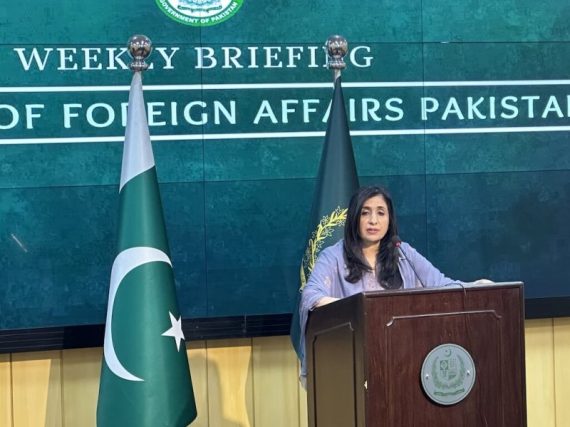I
n a significant escalation of tensions between Pakistan and Iran, Pakistan conducted strikes inside Iranian territory on Thursday, January 28, 2024, targeting separatist Baloch militants, according to a statement from the Pakistani foreign ministry. This comes just two days after Iran claimed to have attacked bases of another group within Pakistani territory. The cross-border intrusions mark a rare and high-profile event between the two neighboring countries.
Iranian media reported that several missiles struck a village in the Sistan-Baluchestan province, which shares a border with Pakistan, resulting in the reported deaths of at least nine people. Initial reports indicated that among the casualties were three women and four children, all of whom were non-Iranians.
The strikes represent a notable development in the historically rocky ties between Pakistan and Iran, raising concerns about regional stability. Both countries have been grappling with internal security challenges, and the recent actions threaten to further destabilize the region.
Ensuring Pakistan’s own security and national interests
Pakistan’s foreign ministry issued a statement asserting that the operation was intelligence-based, involving highly coordinated and specifically targeted precision military strikes against terrorist hideouts. The statement emphasized that Pakistan fully respects the sovereignty and territorial integrity of Iran, and the sole objective of the operation was to ensure Pakistan’s own security and national interests, which it considers paramount and non-negotiable.
A senior Pakistani security official informed Reuters that the military was on “extremely” high alert, ready to respond forcefully to any “misadventure” from the Iranian side. The official warned that Pakistan would not tolerate any infringement on its sovereignty.
In response to the strikes, Iran vehemently condemned the actions, with the foreign ministry spokesperson, Nasser Kanaani, stating that Pakistan’s charge d’affaires had been summoned to provide an explanation. The situation has led to a diplomatic strain between the two nations, and Pakistan’s caretaker Prime Minister Anwaar-ul-haq Kakar is cutting short his visit to the World Economic Forum in Davos to return home.
Recommended
Baloch background
The strikes by Pakistan come in the aftermath of Iran’s claim to have attacked Israel-linked militant bases inside Pakistani territory. Both targeted groups, the Baloch Liberation Front (BLF) in Pakistan’s operation and Jaish al Adl (JAA) in Iran’s strike, share an ethnic Baloch background. However, it remains unclear whether these groups are cooperating in any way.
The recent events add complexity to an already delicate regional landscape. Iran has been actively asserting itself in the region, launching strikes on Syria and Iraq before the cross-border incursion into Pakistan. While Pakistan’s statements suggest an attempt to contain the situation, analysts warn that the escalating tensions could spiral out of control.
Khwaja Asif, Pakistan’s former defense minister, described the action as retaliatory and emphasized the importance of measured responses to prevent further escalation. As the situation unfolds, regional stability remains a top concern, and diplomatic efforts will be crucial to de-escalate tensions between the two neighboring countries.
The situation in the Middle East, particularly the ongoing genocide in Gaza, adds an additional layer of complexity to the evolving geopolitical landscape.
Source: Reuters





